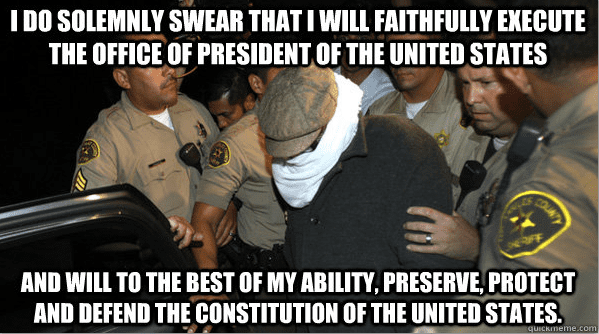BYRON YORK: In Cuba deal, why did Obama back down on political prisoners?
Barack Obama has long believed United States Cuba policy should change; he so when he first ran for president in 2008. Back then, though, Sen. Obama stressed that the U.S. should hold Cuba to a number of stringent conditions before even beginning to normalize relations. The first of those conditions was freedom for Cuba’s political prisoners.
Obama laid out his proposal in a May 23, 2008 speech in Miami. Noting the “unanswered cries of the political prisoners heard from the jails of Havana,” Obama said his policy toward Cuba “will be guided by one word: libertad.”
“The road to freedom for all Cubans must begin with justice for Cuba’s political prisoners,” Obama said. The value of the U.S. embargo against Cuba, Obama went on to explain, is that it “provides us with the leverage to present the regime with a clear choice: If you take significant steps towards democracy, beginning with the freeing of all political prisoners, we will take steps to begin normalizing relations.”
Beginning with the freeing of all political prisoners. It was a pretty clear demand. Only after freedom was granted would Obama begin normalizing relations.
Fast forward six and a half years. In an address from the Cabinet Room Wednesday, President Obama announced that he would “begin to normalize relations” with Cuba through “the most significant changes in our policy in more than fifty years.” But the president did not insist on freedom for all political prisoners, which had once been a requirement for even the first steps toward normalization.
I wish that Senator Obama fellow were President. He seemed fairly sensible. This President Obama guy, on the other hand, isn’t so into free speech.

